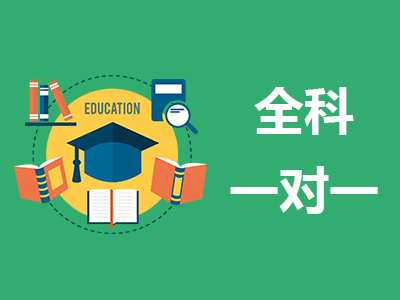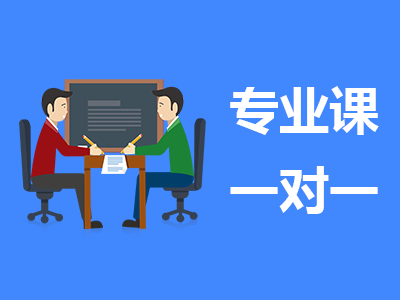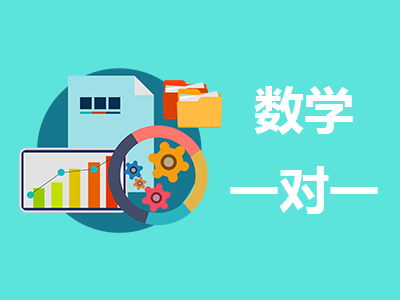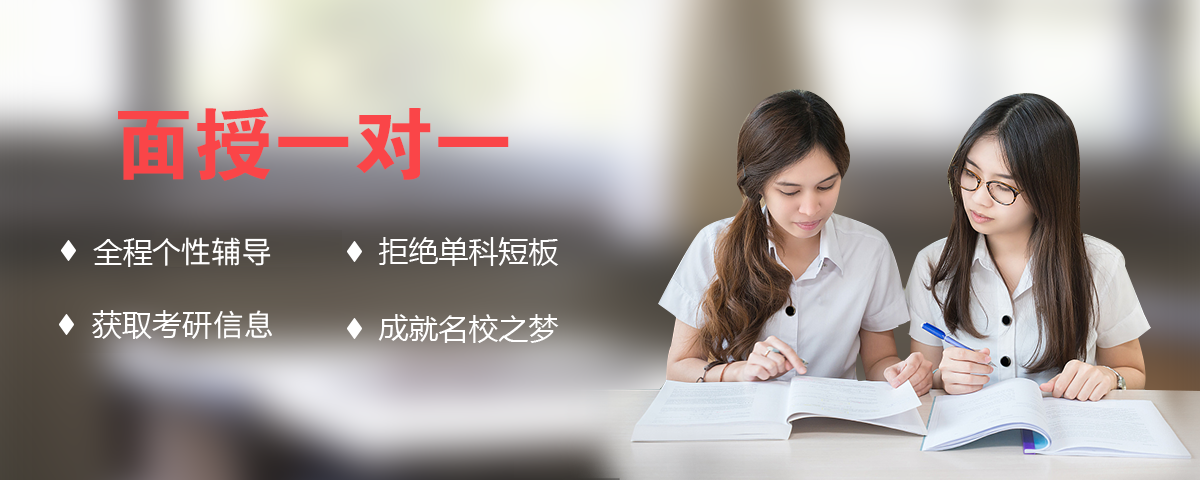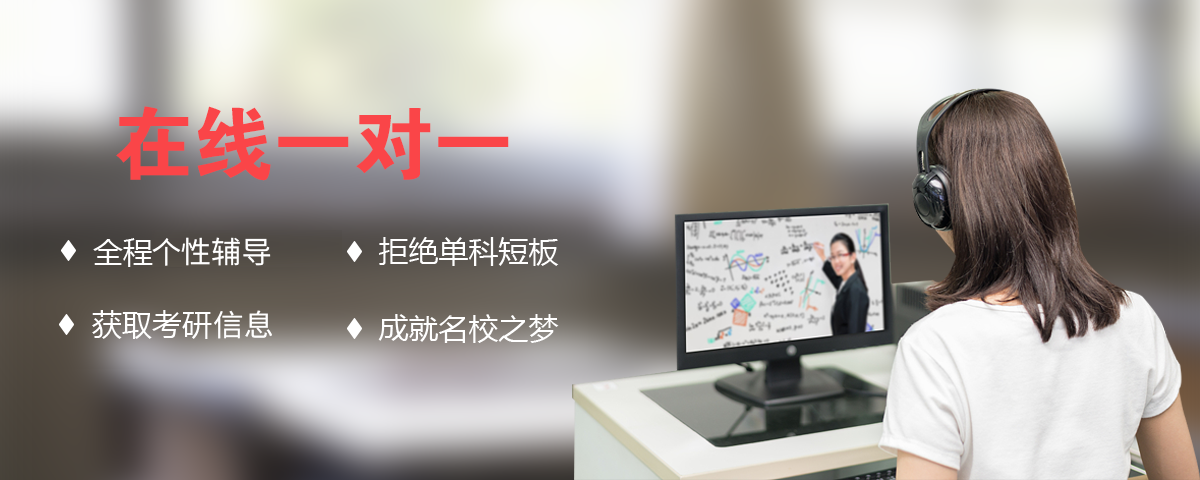在考研英语中,阅读分数占比很高,那么,如何提高阅读分数呢?对于备考2016考研的同学们,在平时的复习中一定要拓展阅读思路,各类话题都要关注,这样才能在整体上提升考研英语阅读水平!下面是新祥旭考研准备的精品阅读,分享给大家。
为什么亚裔在美国如此成功?这个问题有点尴尬。
It’s no secret that Asian-Americans are disproportionately stars in American schools, and evenin American society as a whole. Census data show that Americans of Asian heritage earn morethan other groups, including whites. Asian-Americans also have higher educational attainmentthan any other group.
在美国的学校里,亚裔表现优异的比例格外地高,就连在整个美国社会中也是如此。人口普查数据显示,亚裔的收入高于包括白人在内的其他群体。而且亚裔的教育程度也比其他任何群体都高。
I wrote a series of columns last year, “When Whites Just Don’t Get It,” about racial inequity,and one of the most common responses from angry whites was along these lines: This stuffabout white privilege is nonsense, and if blacks lag, the reason lies in the black communityitself. Just look at Asian-Americans. Those Koreans and Chinese make it in America becausethey work hard. All people can succeed here if they just stop whining and start working.
我去年写了一个关于种族不平等现象的系列专栏,题为“白人就是不明白”,一些白人读者愤怒地予以驳斥,其中最常见的回复大意是:白人拥有特权的说法真是一派胡言,如果黑人落后了,原因在于黑人社区本身。只要看看亚裔就知道了。韩裔和华裔在美国获得了成功,因为他们在努力。黑人只要停止抱怨,开始努力,所有人都可以在这里获得成功。
Let’s confront the argument head-on. Does the success of Asian-Americans suggest that theage of discrimination is behind us?
让我们直面这个论点吧。亚裔的成功是否昭示着歧视的年代已经成为过去?
A new scholarly book, “The Asian American Achievement Paradox,” by Jennifer Lee and MinZhou, notes that Asian-American immigrants in recent decades have started with oneadvantage: They are highly educated, more so even than the average American. Theseimmigrants are disproportionately doctors, research scientists and other highly educatedprofessionals.
在新出版的学术著作《亚裔美国人成就的悖论》(The Asian American Achievement Paradox)中,作者珍妮弗·李(Jennifer Lee)和周敏注意到,美国亚裔移民近几十年来开始获得一项优势:他们的教育水平很高,甚至比美国人的平均学历还高。这些移民成为医生、科研人员,或从事其他高学历专业岗位的比例格外地高。
It’s not surprising that the children of Asian-American doctors would flourish in the UnitedStates. But Lee and Zhou note that kids of working-class Asian-Americans often also thrive,showing remarkable upward mobility.
亚裔医生的子女在美国表现出色,这倒并不令人惊讶。但两位作者注意到,工薪阶级亚裔的孩子往往也表现出色,展现出了非同一般的向上流动性。
And let’s just get one notion out of the way: The difference does not seem to be driven bydifferences in intelligence.
我们首先要说的一个观点是:这种差异似乎并不是智力差异造成的。
Richard Nisbett, a professor of psychology who has written an excellent book aboutintelligence, cites a study that followed a pool of Chinese-American children and a pool of whitechildren into adulthood. The two groups started out with the same scores on I.Q. tests, but inthe end 55 percent of the Asian-Americans entered high-status occupations, compared withone-third of the whites. To succeed as a manager, whites needed an I.Q. of 100, while Chinese-Americans needed an I.Q. of only 93.
心理学家理查德·尼斯比特(Richard Nisbett)写过一本有关智力的著作,书中提到了一项研究。该研究追踪了一群华裔孩子和白人孩子从小到大的情况。一开始,两个小组在智商测试中的得分是一样的,但到最后,55%的亚裔进入了地位较高的职业,相比之下白人的比例仅为三分之一。要想成为一名成功的管理人员,白人的智商需要达到100,而华裔只需达到93。
So the Asian advantage, Nisbett argues, isn’t intellectual firepower as such, but how it isharnessed.
尼斯比特据此认为,亚裔的优势不是智力本身,而是如何利用智力。
Some disagree, but I’m pretty sure that one factor is East Asia’s long Confucian emphasis oneducation. Likewise, a focus on education also helps explain the success of Jews, who are saidto have had universal male literacy 1,700 years before any other group.
一些人不同意这个观点,但我确信,其中一个因素在于东亚儒学长期以来对教育的强调。同样,对教育的重视也有助于解释犹太人的成功。据称,犹太男性普遍识字的时间比其他群体早了1700年。
Immigrant East Asians often try particularly hard to get into good school districts, or makeother sacrifices for children’s education, such as giving prime space in the home to kids tostudy.
东亚移民通常竭尽全力地进入好学区,或为了孩子的教育做出其他牺牲,比如将家里最好的地方让给孩子学习。
There’s also evidence that Americans believe that A’s go to smart kids, while Asians are morelikely to think that they go to hard workers. The truth is probably somewhere in between, butthe result is that Asian-American kids are allowed no excuse for getting B’s — or even an A-.The joke is that an A- is an “Asian F.”
还有证据显示美国人认为聪明的孩子会得到A,而亚裔更多地认为努力的人才会得到A。事实很可能介于两者之间,但结果是亚裔孩子没有拿B、乃至拿A-的借口。有人开玩笑称,A-相当于“亚洲的F”。
Strong two-parent families are a factor, too. Divorce rates are much lower for many Asian-American communities than for Americans as a whole, and there’s evidence that two-parenthouseholds are less likely to sink into poverty and also have better outcomes for boys inparticular.
稳固的双亲家庭也是一个因素。很多亚裔群体的离婚率比全美的均值低得多,有证据显示双亲家庭陷入贫困的可能性较低,尤其对于男孩来说,成就还会更高。
Teachers’ expectations can also play a role. This idea was explored in a famous experiment inthe 1960s by Robert Rosenthal and Lenore Jacobson.
老师的期待也会发挥作用。罗伯特·罗森塔尔(Robert Rosenthal)和莉诺·雅各布森(Lenore Jacobson)在60年代做的著名实验就探索了这一观点。
After conducting I.Q. tests of students at a California school, the experimenters told theteachers the names of one-fifth of the children who they said were special, and expected tosoar. These special students in first and second grades improved dramatically. A year later, 47percent of them had gained 20 or more I.Q. points.
在对加利福尼亚的一所学校的学生进行了智商测试后,实验人员告知老师五分之一的学生的名字。他们称这些学生很特殊,有可观的上升空间。结果,一二年级的特殊学生有显著提高。一年之后,其中47%的学生的智商提高了至少20分。
Yet in truth, the special students were chosen at random. This “Pygmalion effect” was a case ofself-fulfilling expectations. Teachers had higher expectations for the special students and madethem feel capable — and so that’s what they became.
但实际上,特殊学生是随机选择的。这种“皮格马利翁效应”(Pygmalion Effect)是一个体现自我实现预期的例子。教师对特殊学生的期待较高,让他们感觉自己有能力,于是他们最终变得能干起来。
Lee and Zhou, for their part, think that positive stereotyping may be part of an explanation forthe success of Asian-Americans in school.
珍妮弗·李和周敏认为这种正面的刻板印象可能是亚裔在学业上取得成功的原因之一。
“They’re like, ‘Oh, you’re Chinese and you’re good in math,’” the book quotes a girl calledAngela as saying. “It’s advantageous when they think that.”
“他们表现得像是,‘哦,你是华人,你的数学很好,’”该书援引名为安吉拉(Angela)的女孩的话说。“他们这样想的时候会对我有利。”


